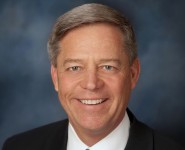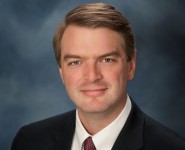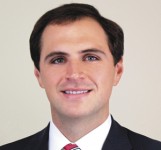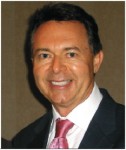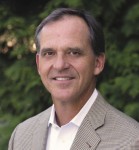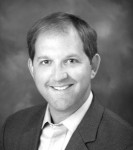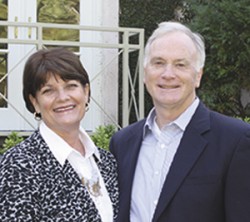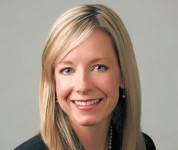Butler Snow Advisory Services, LLC (BSA), announced today the company’s continued expansion with the addition of Sam J. Jenkins, Managing Director, to its Memphis location and Blair R. Badham, Managing Director, to its Birmingham office.
“We’re excited about our continued growth in both Memphis and Birmingham and are pleased to add two accomplished professionals to our team,” said President and CEO Matt A. Thornton. “Sam and Blair have extensive corporate and investment banking expertise, and they will be tremendous assets to our team and to the clients we serve.”
Jenkins has more than 35 years’ experience in corporate finance and investment banking, including a 28-year career with First Tennessee Bank. As Executive Vice President of corporate banking, he led and managed the bank’s efforts to attract and maintain Middle and Corporate Market clients across the country, helping develop and implement marketing and business development strategies. Under Jenkin’s leadership, the Corporate Banking Group was ranked first company-wide for overall Contribution Income (NIBT), Contribution Income per FTE, Treasury Services Sales, Deposits Acquisition, Derivative and Loan and Ancillary Fee Production for 2005-2008.
Jenkins joins the BSA team from Capstone Financial Services, a Memphis-based corporate advisory firm he founded in 2009 to serve commercial and corporate clients, community and regional banks and private equity capital providers across the Southeast. He holds a B.A. from the University of Alabama, with a focus on finance and banking, and an M.B.A. from the University of Memphis, where he graduated first in his class.
Badham brings over a decade of experience in corporate finance, strategy and operations to the group. Previously, he served as Director of Business Development for EBSCO Capital, the investment division of EBSCO Industries with $300 million in committed equity capital. Headquartered in Birmingham, EBSCO Industries is a privately held conglomerate comprised of over 20 businesses and more than $2.5 billion in annual revenue.
During his time at EBSCO Capital, Badham established the firm’s business development function and was responsible for deal origination, investment opportunity analysis and the overall marketing strategy for the firm, an effort that led to the successful sourcing and closing of a number of new platform and add-on acquisitions.
Prior to his tenure at EBSCO Capital, Badham served in multiple capacities for Jemison Metals, a Birmingham-based steel service center, where he helped the firm grow by expanding its presence with Fortune 500 manufacturers. Badham began his career in commercial banking, where he worked in the commercial and industrial lending group at First Commercial Bank for five years.
Badham earned a B.S. from the University of Alabama and an M.B.A., with honors, from Samford University’s Brock School of Business.
Read More


